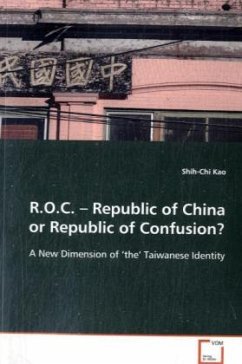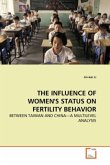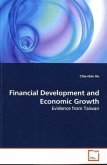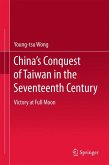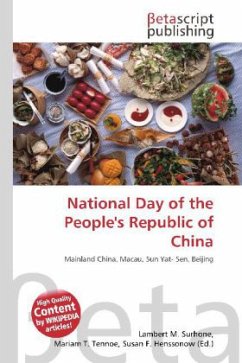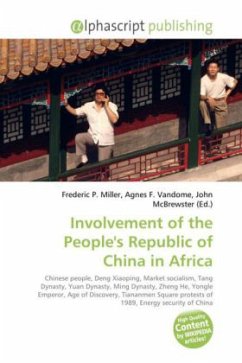The nationalist monopoly ended in 2000 with the
electoral success of the Democratic Progressive Party
(the DPP) led by perceived independence ideologue
Chen Shui-Bian. However, socio-political change has
not necessarily dispelled all thought of conflict
with Mainland China, which recently passed the Secession Law , declaring any bid for independence
to be an aggressive act. Is the threat of conflict an
inescapable feature of China-Taiwan relations? Taking
into account the fact that human responses are
explained in terms of their antecedents their
stimuli, this book attempts to trace the ways in
which the people of Taiwan have responded to the
ongoing uncertainty and confusion that has marked
their relations with Mainland China in recent times
and explore the socio-political, linguistic, ethnic
and cultural influences that have contributed to the
rise of Taiwanese nationalism, its unique identity
and associated ideologies such as Taiwanisation and
localisation over the past fifty years. It also
probes the debate that surrounds what may be the
single most delicate and dangerous issue of East
Asian internal relations, i.e. the problem of
Mainland China vis-à-vis Taiwan.
electoral success of the Democratic Progressive Party
(the DPP) led by perceived independence ideologue
Chen Shui-Bian. However, socio-political change has
not necessarily dispelled all thought of conflict
with Mainland China, which recently passed the Secession Law , declaring any bid for independence
to be an aggressive act. Is the threat of conflict an
inescapable feature of China-Taiwan relations? Taking
into account the fact that human responses are
explained in terms of their antecedents their
stimuli, this book attempts to trace the ways in
which the people of Taiwan have responded to the
ongoing uncertainty and confusion that has marked
their relations with Mainland China in recent times
and explore the socio-political, linguistic, ethnic
and cultural influences that have contributed to the
rise of Taiwanese nationalism, its unique identity
and associated ideologies such as Taiwanisation and
localisation over the past fifty years. It also
probes the debate that surrounds what may be the
single most delicate and dangerous issue of East
Asian internal relations, i.e. the problem of
Mainland China vis-à-vis Taiwan.

